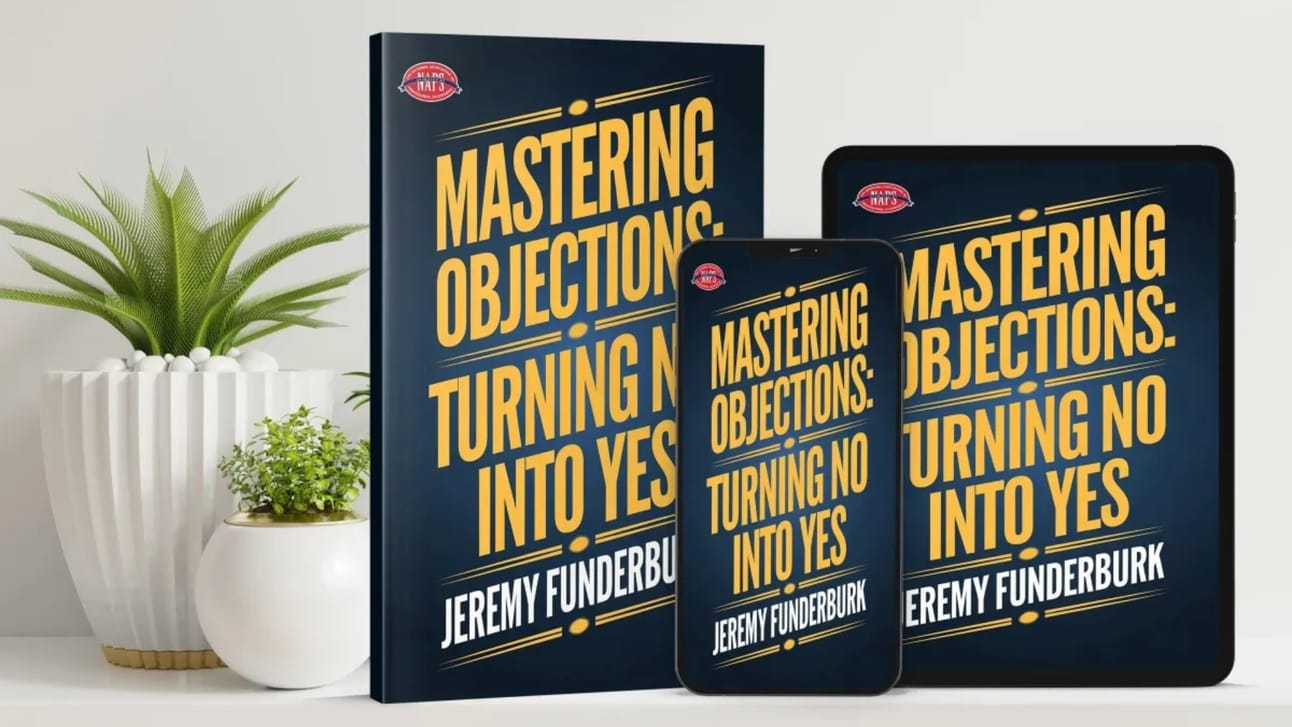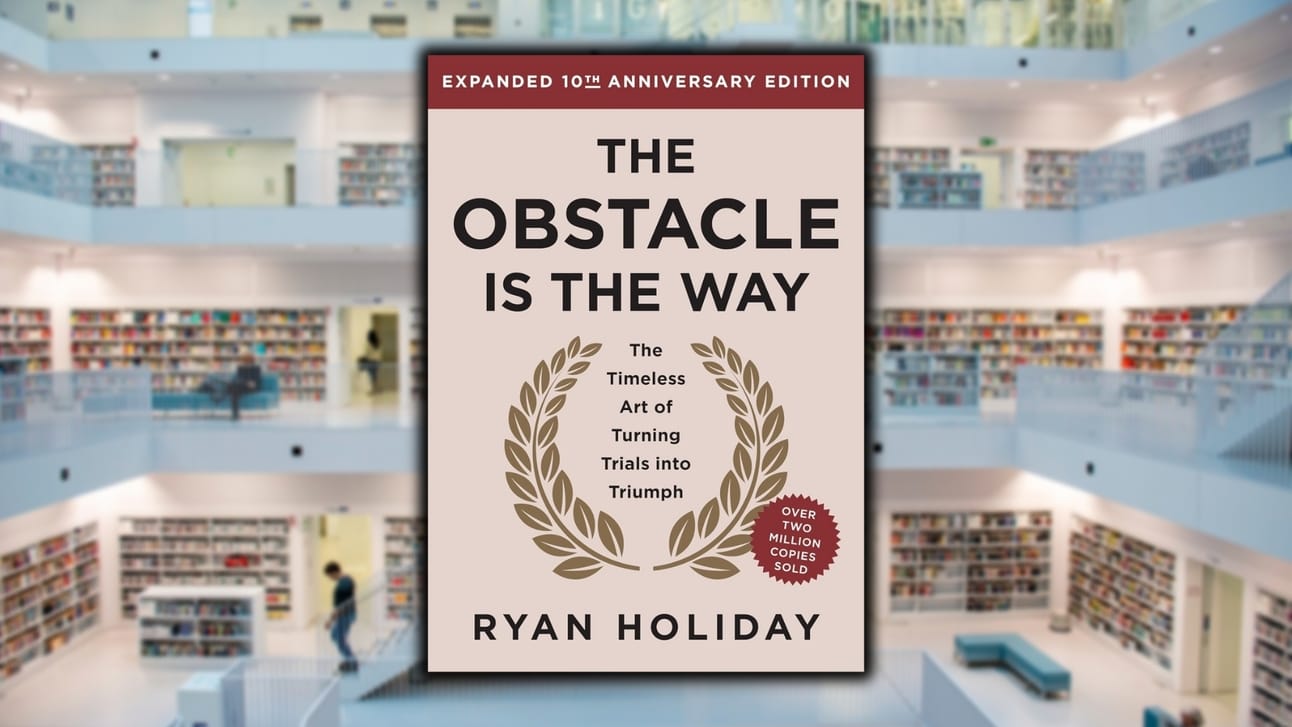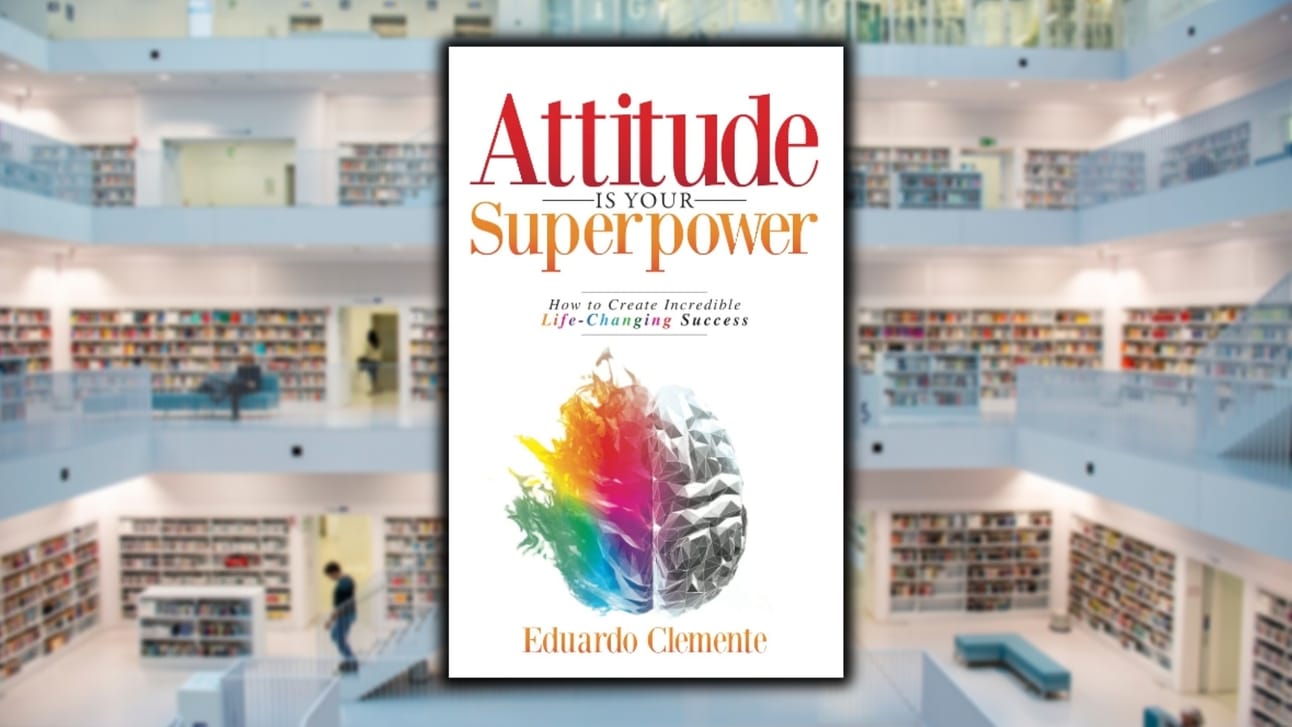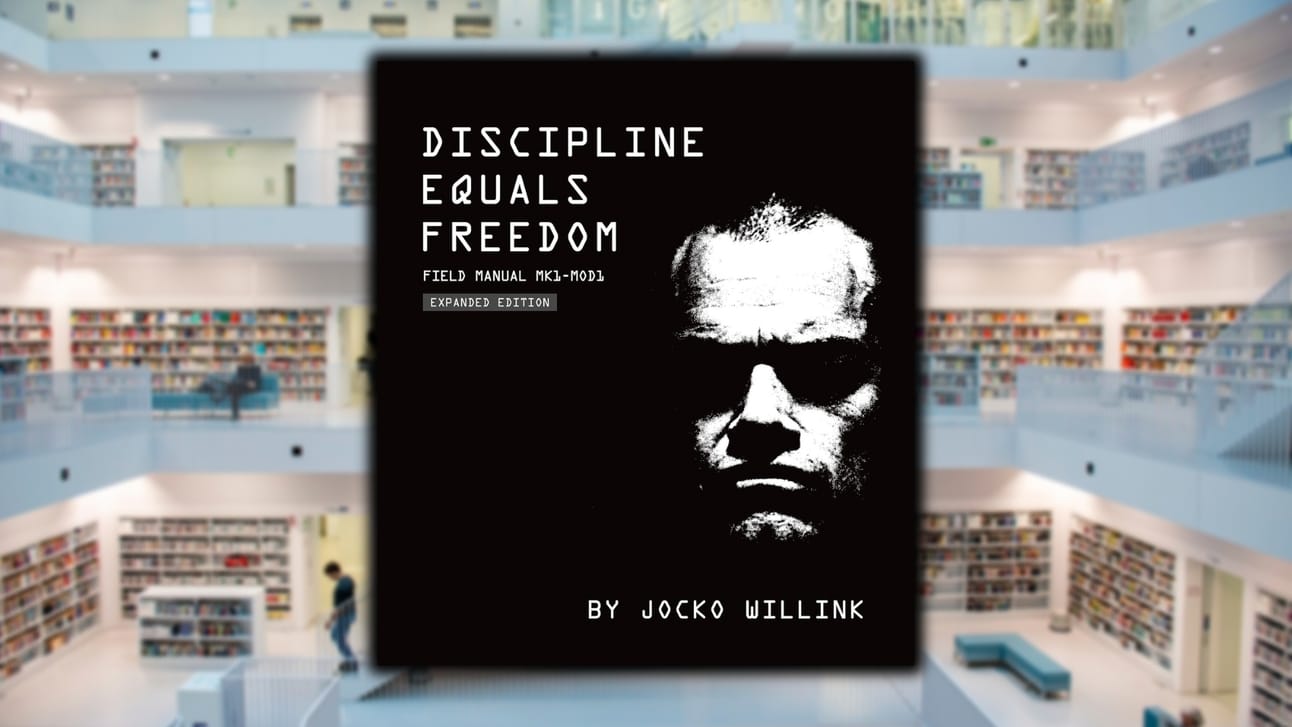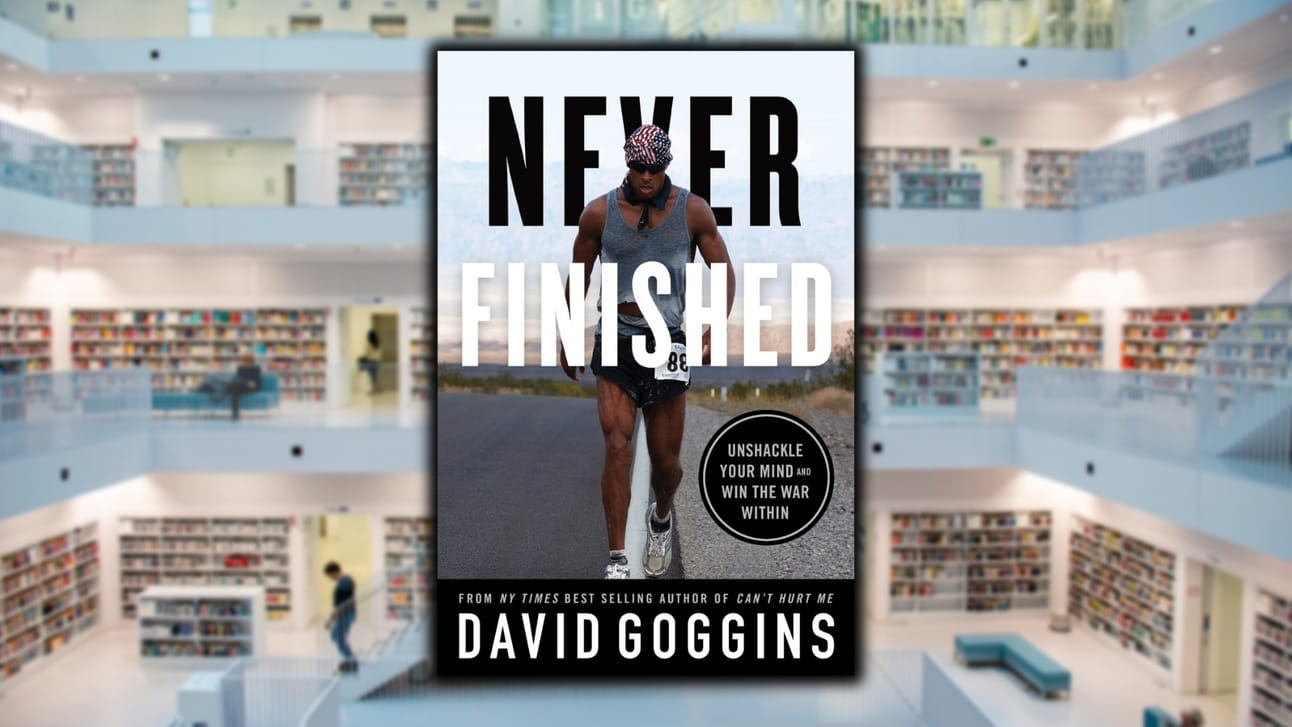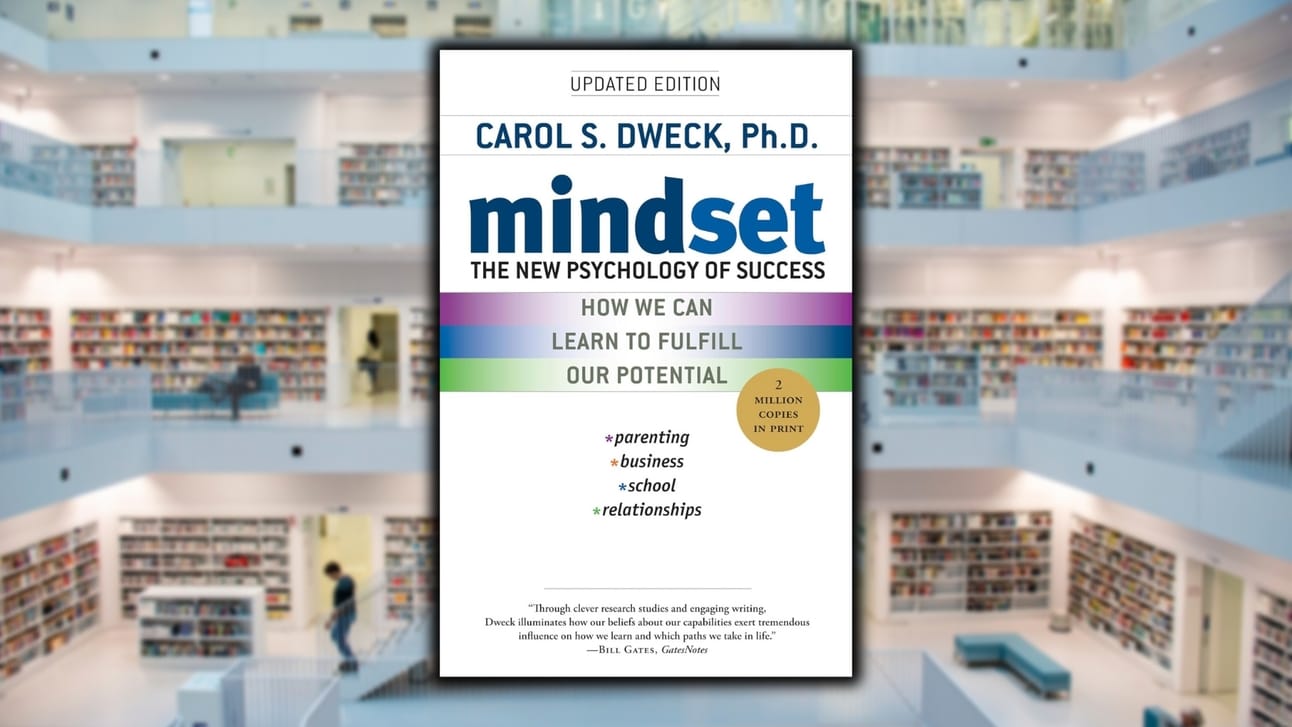Back in 2015, when I was working an overnight, minimum-wage security job, I read exactly 170 books.
I also had my life changed about 170 times, and several of the books I read that year are included in tonight’s newsletter.
Reviewing my notes before sending this out to you, though, I’m struck by how much has stayed with me over the years, and how many direct quotes from these life-changing books are still bouncing around inside my head!
Naturally, I don’t remember everything I read. Nobody does. But these 10 books shaped my thinking, my character, my entire future, and I’m proud to recommend them to you.
My latest YouTube video also just went live, and that’s where I give “Yes,” “No,” and “Maybe” recommendations for each of the 6 books I read last month.
A few of them I’d recommend to virtually everybody, a few most people can probably skip, but watch the video and decide for yourself!
And now…before our coffees get cold, let’s read!
Tonight, Inside The Reading Life, We’ve Got:
We’ve got lots to learn today, so let’s hit the books!
“The market always recovers. Always. And, if someday it really doesn’t, no investment will be safe and none of this financial stuff will matter anyway.”
“If you don’t set a baseline standard for what you’ll accept in your life, you’ll find it’s easy to slip into behaviors and attitudes or a quality of life that’s far below what you deserve.”
This book changed the way I think about self-discipline. As in, it literally gave me a new definition of it, and it’s one that virtually everyone could profitably adopt for themselves.
That new definition is simply that being disciplined is about putting Level 10 Effort toward solving your Level 10 problems in life.
The authors, Craig Ballantyne and Daniel Woodrum, take aim at cold-plunges and complicated morning rituals to get at the real truth about self-discipline and how to develop it.
I mean, you could do everything else “right.” You could work out 7 days a week. You could drink 2 gallons of water a day. You could wake up at 4AM and read 2 books a week. But if you’re using all of that activity as a distraction from your Level 10 problem, then, by definition, you are undisciplined.
I thought that was such a fantastic reframe, and the whole book is full of extremely helpful advice about developing high personal standards, building the identity of a successful, disciplined person, and installing the systems that make it all work.
The Dark Side of Discipline isn’t any shorter or longer than it has to be, and it’ll help you do what you should do, when you should do it, no matter how you feel about doing it. Which is the only “secret” I can think of when it comes to achieving massive success.
“We strengthen ourselves during the good times and create a place within ourselves that we can depend upon during the rough times.”
The Obstacle is the Way is one of the very first books that got me excited about reading, and I first encountered it during that magical year of 2015 where I had my life changed 170 times by 170 fantastic books.
I had heard of Stoicism before reading the book (I had read Meditations, by Marcus Aurelius, 30 books before this one), but I remember how it made everything more accessible and easy-to-understand, perfectly relevant to my life today as I was living it.
If you’ve read any of Holiday’s books before, you’ll recognize the basic structure: the main principles of Stoicism, explained through vignettes from the lives of people like Amelia Earhart, Epictetus, Demosthenes, and others that you’d never think had anything to do with each other. Except they do. They’re Stoics.
Or, at the very least, have used aspects of that high-agency, life-affirming, and yes, life-changing philosophy to turn obstacles into opportunities, walls into windows, and misfortunes into massive success.
“Our potential is one thing. What we do with it is quite another.”
This book may not be the most exciting nonfiction book out there, but the possibilities it uncovers are fascinating. It’s not just about discipline or toughness, but rather a unique combination of passion, persistence, and long-term perseverance that Duckworth refers to as grit.
It follows your standard nonfiction formula of case studies, interviews, and anecdotes that combine to form a picture of what people with true grit can accomplish, which, as it turns out, is quite a bit more than most people!
From West Point military academy, to tough, inner-city schools, and others arenas, Duckworth shows how effort animates talent and skill, why our potential is so vast that it’s barely worth thinking about, and how younger people can learn to love hard work, an attitude and mindset that will benefit them in multifarious ways as they encounter challenges and obstacles in life that will completely derail those who may be more talented, but lack the willingness to put in the effort required to turn obstacles into opportunities for virtually unlimited personal growth.
One would hope that, if they learned nothing else in school, children would come away having learned the lessons in this book, because it’ll do so much more for their success and happiness than any memorization of multiplication tables or elemental tables.
Grit may have worked almost as well as a blog post, but I’m glad it’s a book, and I’m glad I read it.
“Failure, though, implies a total loss, which is rarely the case. When things don’t go as planned, you usually learn something valuable that contributes to success in the next challenge.”
This is a short, easy read with some terrific advice on how to adapt to change, increase your confidence, overcome challenges, and cultivate a more positive, optimistic attitude. And hey, we could all use more of that!
Attitude is Your Superpower reads more like a conversation with a mentor, like a talk you’d have with Eduardo if you stopped by his office one afternoon for advice, and he really liked you and wanted the best for you. That’s just the sense I get from this one! It’s coming from a great place, and you’ll probably feel a lot better, more capable, more relaxed and all that after reading it.
One of the more important things to understand here is that attitude is less about what you say and do, and more about how other people perceive what you say and do.
You may think you have a great attitude, but if other people don’t think you have a great attitude…then you don’t have a great attitude!
The book is full of all these important reminders of things we’d better never forget, and you really do have to pay attention to these “invisible” things if you want to build a spectacular career for yourself.
But just as in heavier books like Man’s Search for Meaning, you keep coming back to the idea that there are no drawbacks whatsoever to proactively developing a great attitude, and doing so is always under your direct control.
“You are in danger of living a life so comfortable and soft, that you will die without ever realizing your true potential.”
Who is this guy David Goggins, who just came out of absolutely nowhere to make such a massively positive impact on my life? This book was a revelation.
Very few people have influenced the direction of my life as much as David Goggins has, and if you’re put off at all by his intensity, or different aspects of his personality, I’d urge you to give this book a chance!
It’s easy to misunderstand him, or write him off, but please don’t.
The beginning of the book is rather painful to read. The nightmare of Goggins’ childhood and adolescence - the physical, mental, and emotional abuse, the racism, the indignities of poverty - none of it is light reading.
But once you get through it, you get it. It made him.
The transformation, however? Unbelievable. Astounding. Here’s this guy, extremely overweight, depressed, with limited opportunities or support - he had every reason for you never to have heard of him. He was so close to becoming a number, and had it not been for the tremendous reserves of inner strength and fight that he found within himself, that’s exactly what he would have become.
Even just turning himself around to get to the point where he could successfully apply to become a Navy SEAL would have been impressive. But everything that came after that? Straight up legendary.
I learned so much from this book that I can’t stop thinking about, and that’s helped me overcome significantly lesser, though personal challenges and obstacles ever since reading it.
“Plan B is to succeed at Plan A.”
Arnold’s book is the most Schwarzenegger thing I’ve ever read in my life. I mean that in a good way, of course. It’s full of his big personality and he doesn’t tone anything down (like he ever has), the result being this compulsively readable book, full of great life advice and inspirational passages.
It’s motivating as hell, and I tore through it like I was ripping a phonebook in half!
There’s a lot in the book about vision, and the supreme importance of having an overwhelmingly clear, specific idea of how you want your one and only life to unfold.
Not only that, but he backed up his vision with massive action, working out twice a day for hours on end (probably overtraining, but whatever) and then going to school, to work laying bricks with Franco Columbu, or off to acting classes in the evening.
His path was not without obstacles, of course. None of us can claim that. Every single one of us will face people in our lives who either don’t believe in us or actively want us to fail.
Not everyone is going to believe in your vision, no matter how strongly you believe in it. Arnold says that you can either use the naysayers you’ll inevitably meet on the path to your goals, or you can ignore them, but you can never, ever listen to them.
They are roadblocks, and you can either go around, above, or through, but you can never turn back. Not from your vision. It should be so clear and energizing - almost literally like a photograph in your mind of where you’re going, what it will look like when you get there, and how you’ll feel when you arrive - that it will inspire you to hold onto that vision and never let it go.
Arnold can also be very funny, and the Governator’s got jokes for sure. I’ve always laughed a little whenever he advises people to “sleep faster” in order to leave more time in the day for accomplishing their goals.
Another thing that cracked me up a bit was where he was talking about the various kinds of training and acting classes he was taking once he got to Hollywood and how he wants his money back for his “accent removal classes.”
Be Useful was one of my standout reads from 2023 and I enjoyed it even more than I thought I would. I mean, I knew it would be good, but I didn’t expect to love it. I loved it.
It’s full of empowering, strong messages from someone that people can look up to for a whole lot of reasons, and Arnold, in my opinion, is just one of those guys who is exactly who he says he is. A hard worker - often lifting more than 40,000lbs per workout, morning and evening - who isn’t afraid to step forward and say “I am.”
“Go down swinging. And I’ll tell you: If you fight with all you have, more often than not, you won’t go down at all. You will win.
But you have to make that attitude a part of your everyday life. Do the extra repetition. Run the extra mile. Go the extra round. Make the right choices.
Give the full measure. Make yourself stronger, mentally and physically. Stand and fight. Fight against weakness, against fear. Against time and against decay. FIGHT BACK. Go down swinging. Give every day everything you’ve got.
And when you face a challenge – even something you don’t believe you can win, or a situation where you know you cannot win – remember this: You have nothing to lose.”
I’m weirdly annoyed every time I see this title, because I keep thinking: “But you STOLE that from Aristotle! HE said that discipline equals freedom!” It honestly shouldn’t bother me as much as it does – I just can’t help pointing that out whenever I mention this book. Everybody thinks that it’s a Jocko Willink quote.
ANYWAY…That being said, I do end up mentioning this book a lot because of how awesome I think it is. Seriously, it packs a huge motivational punch.
Again, oddly, the main message of the book is that motivation can’t be relied upon. Motivation comes and goes with “how you feel,” and so it can never be allowed to dictate action. You do what needs to be done, regardless of whether or not you actually feel like doing it. That’s the essence of self-discipline, of being an adult.
This is a very short book, one you could read in a little more than an hour, I’d say, but it’s right up there in quality with David Goggins’ book, Can’t Hurt Me. That’s another amazing book, and they’re both Navy SEALS who know a thing or two about a thing or two when it comes to work ethic and discipline.
Interestingly, they also both say the same thing about street-fighting: don’t do it. Never go around looking for one, and if you do find yourself attacked and outnumbered, get out of there as fast as possible.
Contrary to what your local tough guy says, it’s alright to run away. When you have two tough-as-nails Navy SEALS telling you to run away from unnecessary danger, you should probably listen to them.
But alright, back to the book. There’s so much great stuff in here, as my notes will indicate, and Jocko also makes it easy to remember and apply.
There are bold passages and ALL CAPS in some places for emphasis, and these incredibly motivating and powerful ideas are captured in short, pithy phrases that you could carry around with you for life.
And you probably should.
“We may rarely get feedback from the people around us about how meaningfully we’ve influenced their lives for the better, and even less often how they then may have gone on, as a direct result of our influence, to influence the lives of still others.
But there’s little doubt this effect is real and frequently significant. The small kind word we leave with a stranger who we’ll never see again may not just spread out like ripples on a pond, but may strike with the force of a tidal wave. We just never know.”
I first read The Undefeated Mind when I was just getting into reading (this would have been in 2015), and so a lot of what Dr. Lickerman covers in the book was brand new to me at the time.
For that reason, this is one of my favorite books from that time in my life, as it played a massive part in shaping my character, resilience, and the emotional stability that I enjoy today. In a word, it changed my life.
The core idea of the book is that so much of what happens to us remains frustratingly outside of our control, but that we have a tremendous degree of influence over how events unfold.
We can choose our response, even if we can’t always choose our circumstances.
At least not directly. We can choose strength and optimism, instead of weakness and fear, and we can take the bricks that life throws at us, and use them to build a solid foundation for our future success and happiness.
“You’ll never meet a fucking hater doing better than you.”
This is David Goggins’ follow-up to Can’t Hurt Me, and it’s sold at least 1,000,000 copies, but in my opinion, that’s not nearly enough zeroes.
I don’t think it’s as good as his first book, though maybe that’s just because what book could be? That being said, it’s a powerfully transformational listening experience, and I really do recommend listening to the audio version.
For one thing, it includes a conversation with his mother in Chapter 9 that made me rewind the whole chapter and listen to it again. She’s every bit as impressive as he is. Maybe more so.
Can’t Hurt Me introduced the 40% Rule, demonstrating that the vast majority of people are living far below their true potential.
Never Finished goes even deeper into David Goggins’ Mental Lab, from where all those life-changing philosophies, strategies, and mental tools originated. You get more of his origin story in this book, and this time he holds nothing back. Nothing.
“In the fixed mindset, everything is about the outcome. If you fail - or if you’re not the best - it’s all been wasted. The growth mindset allows people to value what they’re doing regardless of the outcome.”
This is one of the most foundational books on mindset and success, and it’s now referenced everywhere whenever people discuss the concepts of “fixed mindsets” and “growth mindsets,” two terms which emerged from Dweck’s pioneering research on human potential and development.
I have to be honest here and say that it’s not the most riveting psychology book I’ve ever read, but it’s an absolute classic, and worth reading if you’re interested in personal development, with a specific focus in learning, especially early-childhood education.
They say that all philosophy is a footnote to Plato, and so much in the field of psychology in the last few decades is a footnote to Carol Dweck!
In this book, she explores the crucial insight that, when praised for their innate intelligence, children tend to protect their label as “intelligent,” rather than try to grow and develop by taking on harder and more complex challenges.
Whereas, children praised for their effort come to see the challenges themselves as meaningful, and grow up with an understanding that just because they failed at this one test, doesn’t mean they’re stupid, or that they’re unable to develop themselves further.
Perhaps somewhat obviously, this has staggering implications for children’s prospects in later life, as the “fixed mindset” children stop trying to improve or challenge themselves, and those with a “growth mindset” go on to achieve more, gain greater confidence, and be happier than the “fixed mindset” children who gave up.
As Dweck displays in this book, it’s not always the smartest people in the beginning who become the smartest in the end.
Forward this to a friend you think would love this book!
If you were sent this newsletter, click here to subscribe.
To read past editions of The Reading Life, click here.
Click here to recommend The Reading Life on Twitter (X).
OK, that’s it for now…
I’ve got plenty more excellent book recommendations coming your way soon though!
There’s also my YouTube channel, where I publish book reviews, reading updates, and more each week.
And if you want to learn how I’ve built an audience of 160,000+ followers across social media, became a full-time creator, and how I’m rapidly growing my audience and my profits in 2025, join us inside Creator Launch Academy and that’s exactly what I’ll teach you — we’d love to have you in the community!
With that said, I hope you enjoyed this edition of The Reading Life, and enjoy the rest of your day!
Until next time…happy reading!
All the best,
Matt Karamazov
P.S. Whenever you're ready, here are two more ways I can help you:
Creators: Book a 1-1 strategy call with me and I’ll show you how to reach $5K/month in revenue by following a custom plan that we’ll build together.
Join Creator Launch Academy, my private business mastermind for educational content creators who want to stand out in their niche, build multiple revenue streams, and go full-time with their creative passions.

